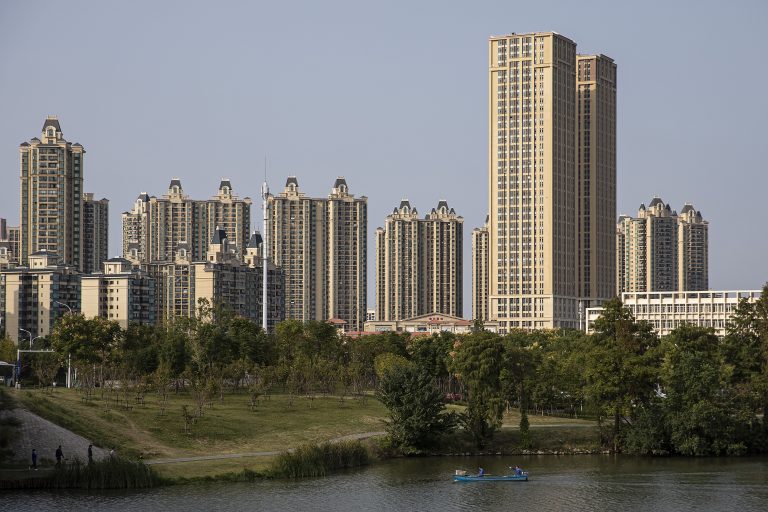In November, China’s unsold housing stock in its top 100 cities reached the highest number in five years according to a survey conducted by E-house China Research and Development Institution.
Demand in smaller centers also remained weak, adding to the woes of the real estate industry. The report comes as China’s property sector, which has been the primary driving force of the economy, is being bogged down by tight government regulations and liquidity crises.
According to the E-house report, home transactions worth 34.37 million square meters in volume were executed in November. However, the volume available in supply for the month was around 44.95 million square meters, which means that supply exceeded demand by roughly 10 million square meters.
By the end of November, there was an increase of 2.1 percent in inventories when compared to last year, with unsold stock standing at 521.1 million square meters.
“The downward trend in home prices has emerged due to tight quotas on home loans, worries about a property tax and weak demand,” Chen Shen, an analyst from Huatai Securities, told Reuters.
Success
You are now signed up for our newsletter
Success
Check your email to complete sign up
The report points out that the biggest problem with supply and demand is the “marked weakness of housing transactions.” In small cities, real estate inventories have picked up due to an uncertain view of the economy and continuous population outflow. New housing inventories in tier 3 and tier 4 cities have grown to 224.87 million square meters in comparison to the 30.52 million square meters in tier 1 cities.
The downward trend in home prices might continue until the first half of 2022 according to a recent poll by Reuters. Demand is getting affected by the looming property tax and tight credit policies imposed by the government.
As per a survey of 14 economists and analysts, conducted between November 26 and Dec. 1, standard home prices are projected to go down by one percent all the way through the first half of 2022.
Property investment is predicted to drop by three percent in this period, compared to a 15 percent growth in the first six months of this year. Property sales by floor area is expected to fall by 16 percent in the first half of 2022 compared to a 27.7 percent increase in the same period in 2021.
The rising pressure on the real estate sector is fueling speculation that the Chinese regime might soften its restrictions imposed on the real estate industry. Zhao Ke, an economist for China Merchants Securities, believes Beijing will “relax restrictions on purchases, sales, loans, and curbs on lowering selling prices according to local conditions.”
In a recent note, Moody’s stated that it expects the government to take a cautious and gradual approach to deleveraging the property sector so as to prevent the economy from any potential hard landing.














